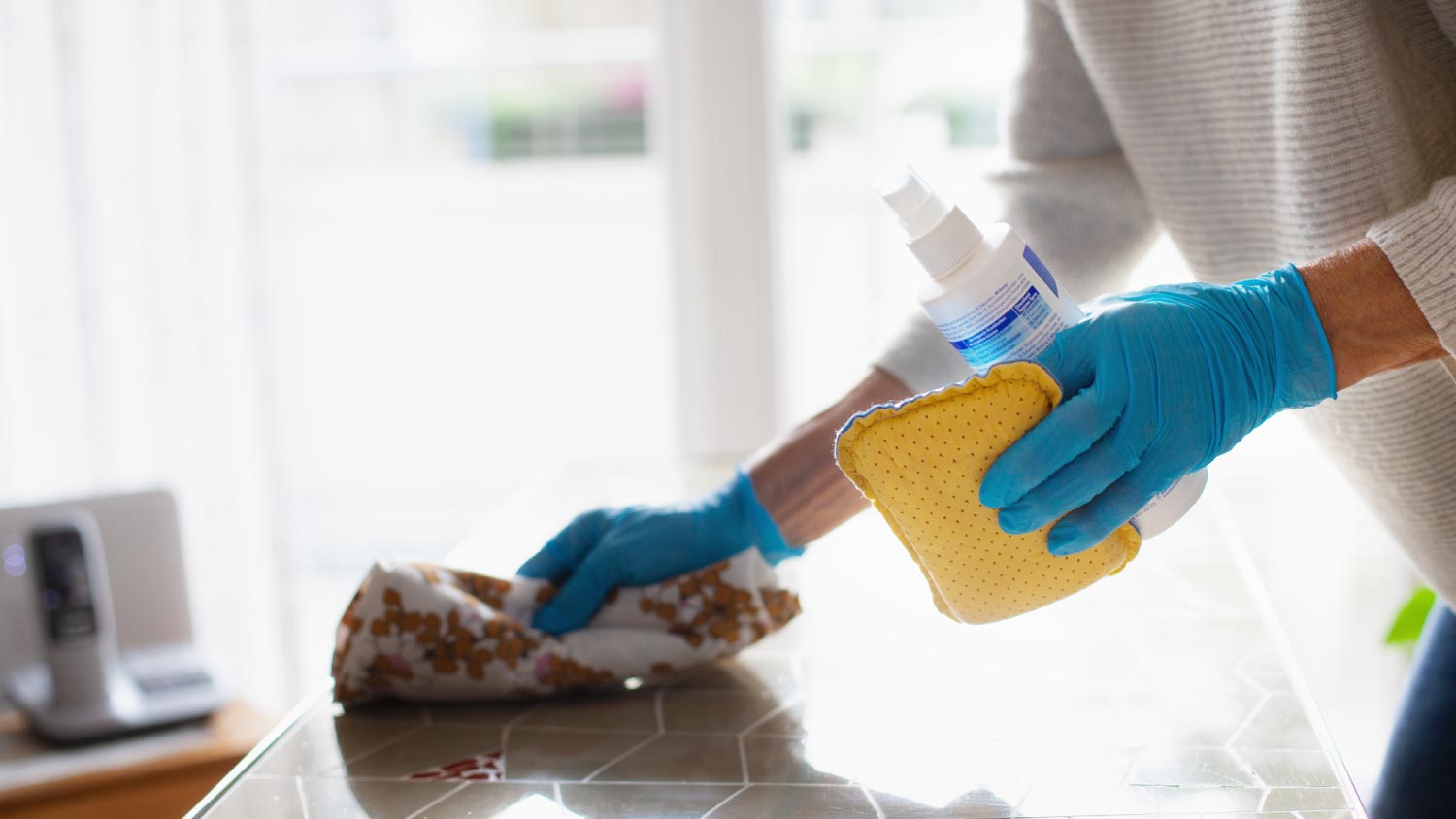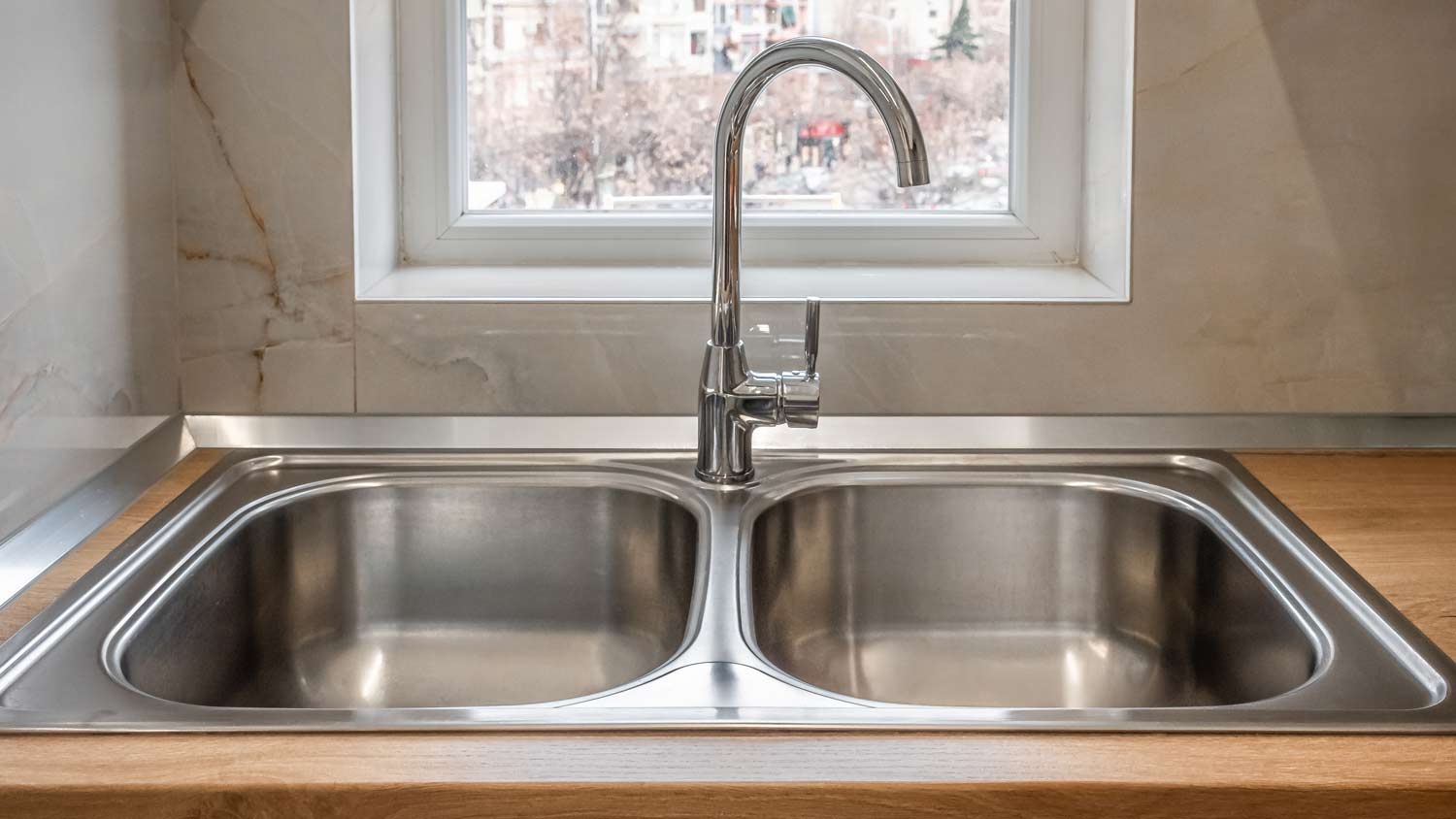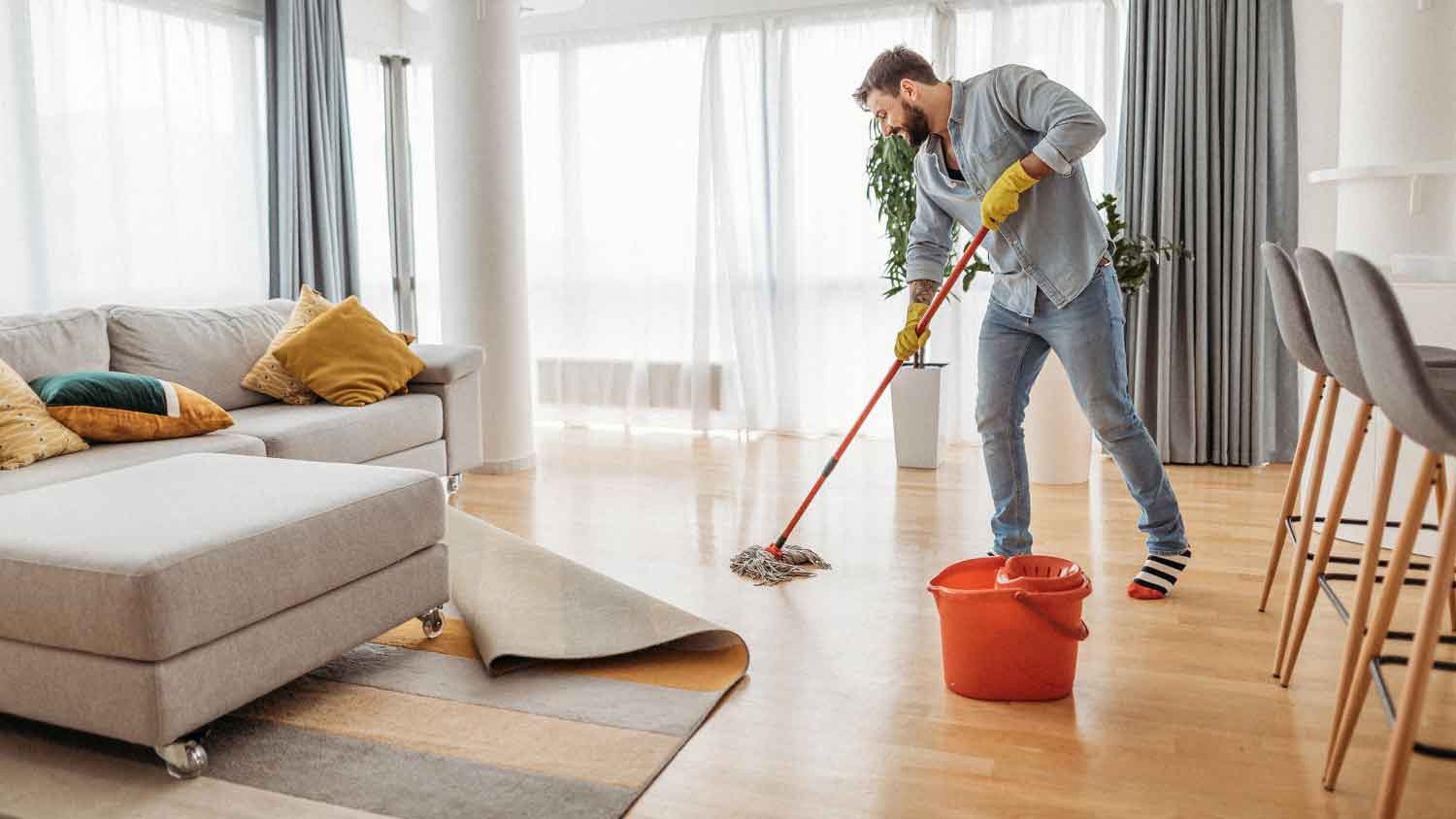Clean With Confidence: Understanding Fragrance in Cleaning Products
Fragrance or fragrance-free—that is the question


A fragrance is a mix of natural or synthetic compounds.
Many fragrances contain phthalates and synthetic musks.
Some fragrance ingredients can cause skin, eye, and nose irritation.
You may want to opt for fragrance-free products.
We all love the smell of lavender-scented laundry or lemony all-purpose spray—but is the fragrance in cleaning products bad for you? It’s important to pay attention to what’s in your cleaning products, especially if you have allergies or are sensitive to fragrance. Fragrance can cause skin, nose, and eye irritation.
Even if you’re not particularly sensitive, you still may want to make the switch from fragranced to fragrance-free products. Here’s what you need to know to make the most informed decision possible.
What Is Fragrance?
First thing’s first: What is fragrance? In short, a fragrance is a mix of different substances that convey an odor. These substances may be natural or synthetic compounds. That said, most cleaning products contain synthetic fragrances as opposed to plant-based fragrances.
Manufacturers are not obligated by U.S. law to list all the ingredients in consumer products, according to the American Lung Association (ALA). Thus, “fragrance” is a catchall term—there’s no way to identify the hundreds or even thousands of ingredients included in a fragrance.
Why Are Fragrances Added to Cleaning Products?
Fragrances are added to cleaning products to make them smell better. Some cleaning products may have odors (like bleach) that are offensive and/or overpowering, so manufacturers add fragrances to cover these odors up.
In addition, fragrances may be added to cultivate an emotional connection to the product, increase brand recognition, and convey a sense of luxury (think vanilla-scented tub and tile cleaner).
But “be aware of any sensitive noses in your own household,” says Asya Biddle, Angi Expert Review Board member and manager of The Dust Busters janitorial company in Williamsport, PA. “Many find that they may have sensitivity to bleach-based cleaners."
Which Fragrance Ingredients Should I Be Wary Of?
According to a 2018 report from Women’s Voices for the Earth (WVE), over 1,200 fragrance ingredients currently in use have been flagged for being potentially harmful.
If you’re trying to steer clear of fragrance in cleaning products that could be bad for you, avoid synthetic musks (which are a class of synthetic aroma compounds) and phthalates (which are a class of human-made compounds). It’s best to pick products that have “fragrance-free” on the label, if you want to cover all your bases.
Why Might Fragrance Be Considered Harmful?
According to the ALA, fragrance in cleaning supplies can irritate the throat or eyes, or cause bad headaches and other health issues. Some products may release volatile organic compounds (VOCs), which are gasses emitted into the air from certain solids or liquids.
When VOCs are released when you’re using cleaning products, this could trigger everything from a migraine to a skin reaction, depending on whether you’re sensitive or not. If you don’t have a fragrance sensitivity, you may not experience any negative effects.
Who Should Avoid Fragranced Cleaning Products?

As per a study conducted by the National Library of Medicine, a considerable percentage of the U.S. population experiences irritation or adverse health effects from fragranced products (with higher percentages among those with asthma).
If you have a respiratory condition, are prone to migraines, or experience any kind of fragrance-related sensitivity, you may want to consider trying out fragrance-free products.
How Can I Choose Less-Irritating Cleaning Products?
Even if you don’t have a fragrance sensitivity, you may still be interested in trying out less-irritating cleaning and household products. Or, at the very least, maybe you just want to find out more about what’s inside your cleaning products.
Look at Labels
Avoid products that use nonsense terms like “green,” “non-toxic,” and “natural.” Instead, look for cleaning products that are labeled odor- or fragrance-free. Or, if you want fragrance, seek out products that are scented with botanical extracts.
Check the Data
Consult the Environmental Working Group for their database on safe cleaning products. Or, check out SmartLabel, a database featuring thousands of household products (among others) that details ingredients, usage, and more.
Make Your Own Cleaning Supplies
Of course, the best way to ensure that you know what’s in your cleaning products is to make them yourself. You can make your own cleaning supplies using ingredients like baking soda, white vinegar, and citrus peels (for a naturally pleasant scent).
Hire a Professional
Hiring a local house cleaning service that uses fragrance-free products is another good solution. Ask to see a list of the products that the company uses. "Many house cleaning professionals provide janitorial services that utilize environmentally and health-safe cleaning solutions. Ask your local house cleaning services what your options may be and if the cost varies,” says Biddle.
Green-ify Your Home
If you’re concerned about unpleasant odors in your home, you could simply buy fresh flowers or houseplants. Or, open your windows to ensure good airflow. A little greenery and fresh air always do the body good.





- How to Organize and Store Your Home Cleaning Supplies
- 4 Household Cleaning Products That Can Cause Allergy and Asthma Reactions
- 10 Additional Cleaning Services You Can Ask For and How Much They Cost
- What Is Deep Cleaning vs. Regular Cleaning?
- Breathe Easy: The Ultimate Guide to Cleaner Air at Home
- 7 Common Carpet Cleaning Mistakes to Avoid
- How Often Should You Clean Your House? What to Clean Daily, Monthly, and Annually
- 11 Cleaning Hacks Everyone Should Know
- What to Expect From a House Cleaning Service
- 17 Go-To Questions You Should Ask a House Cleaning Service











